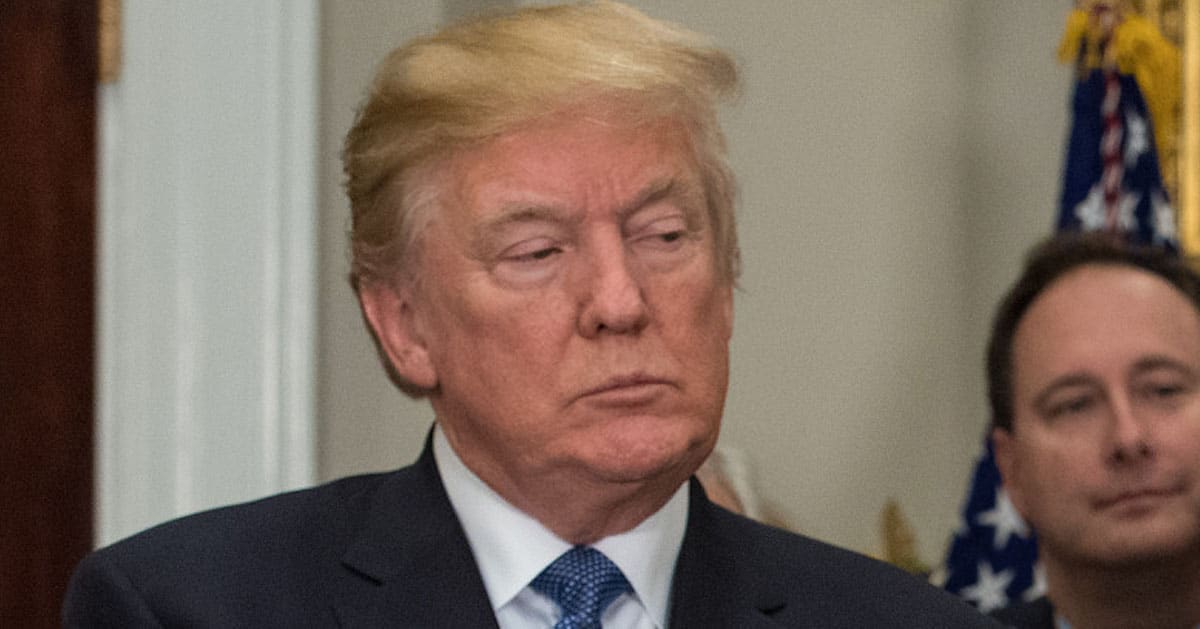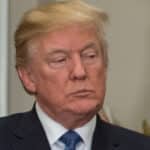



President Donald Trump just dropped a diplomatic bombshell on Colombia, accusing their leadership of fueling the drug trade while pulling the plug on U.S. funding.
Fox News reported that Trump’s latest broadside, delivered on Sunday aboard Air Force One, targets Colombian President Gustavo Petro with sharp criticism and policy hammer blows, threatening tariffs and halting all financial aid over what he calls a failure to combat narcotics production.
Let’s rewind to the start of this dust-up—Trump’s frustration with Colombia isn’t new, but his rhetoric hit a fever pitch when he branded Petro a supporter of drug operations and called out the country for running what he described as cocaine factories.
“They make drugs, they refine drugs, they make cocaine, they have cocaine factories,” Trump declared to reporters, not mincing words about Colombia’s role in the narcotics trade.
Now, let’s unpack that—Trump’s painting a picture of a nation not just complicit but actively engaged in drug production, which, if true, undercuts decades of U.S.-backed counternarcotics efforts in the region.
Adding fuel to the fire, Trump didn’t stop at accusations; he announced an immediate end to all payments and subsidies to Colombia, a move that slashes roughly $230 million in current aid to a key Latin American ally.
“AS OF TODAY, THESE PAYMENTS, OR ANY OTHER FORM OF PAYMENT, OR SUBSIDIES, WILL NO LONGER BE MADE TO COLOMBIA,” Trump thundered, signaling a hardline stance that could reshape bilateral ties.
Sure, cutting off funds might sound like a tough-love approach to push Colombia into action, but let’s be real—it risks alienating a partner in a region already simmering with instability.
On top of that, Trump confirmed plans for new tariffs, a strategy echoed by Sen. Lindsey Graham, who noted the economic penalties would hit Colombia “where it hurts, in the wallet.”
Colombia’s response was swift—President Petro took to social media to defend his nation’s efforts, rejecting Trump’s claims and framing his policies as a pursuit of peace rather than drug promotion.
Meanwhile, Colombia’s Foreign Ministry called Trump’s remarks a threat to national sovereignty, labeling them an “illegal intervention,” while Defense Minister Pedro Sánchez highlighted the sacrifices of their armed forces in battling trafficking networks.
It’s a fair point—Colombian troops have indeed paid a heavy price in this fight, but with coca cultivation at record highs per the United Nations, the results remain frustratingly elusive.
Beyond the war of words, the U.S. has ramped up its own counternarcotics muscle, deploying ships and surveillance aircraft in the Caribbean, with seven strikes since early September 2025 targeting suspected traffickers, resulting in at least 32 deaths.
Petro’s objections to these operations, including a strike allegedly killing a Colombian fisherman with no drug ties, underscore a deeper rift—how far should U.S. intervention go when civilian lives are caught in the crossfire?
As tensions boil over, with Petro’s visa revoked for a U.N. event and past clashes over migrant flights and military orders, this feud between Trump and Colombia’s first leftist leader shows no signs of cooling—leaving a once-strong alliance on shaky ground.



